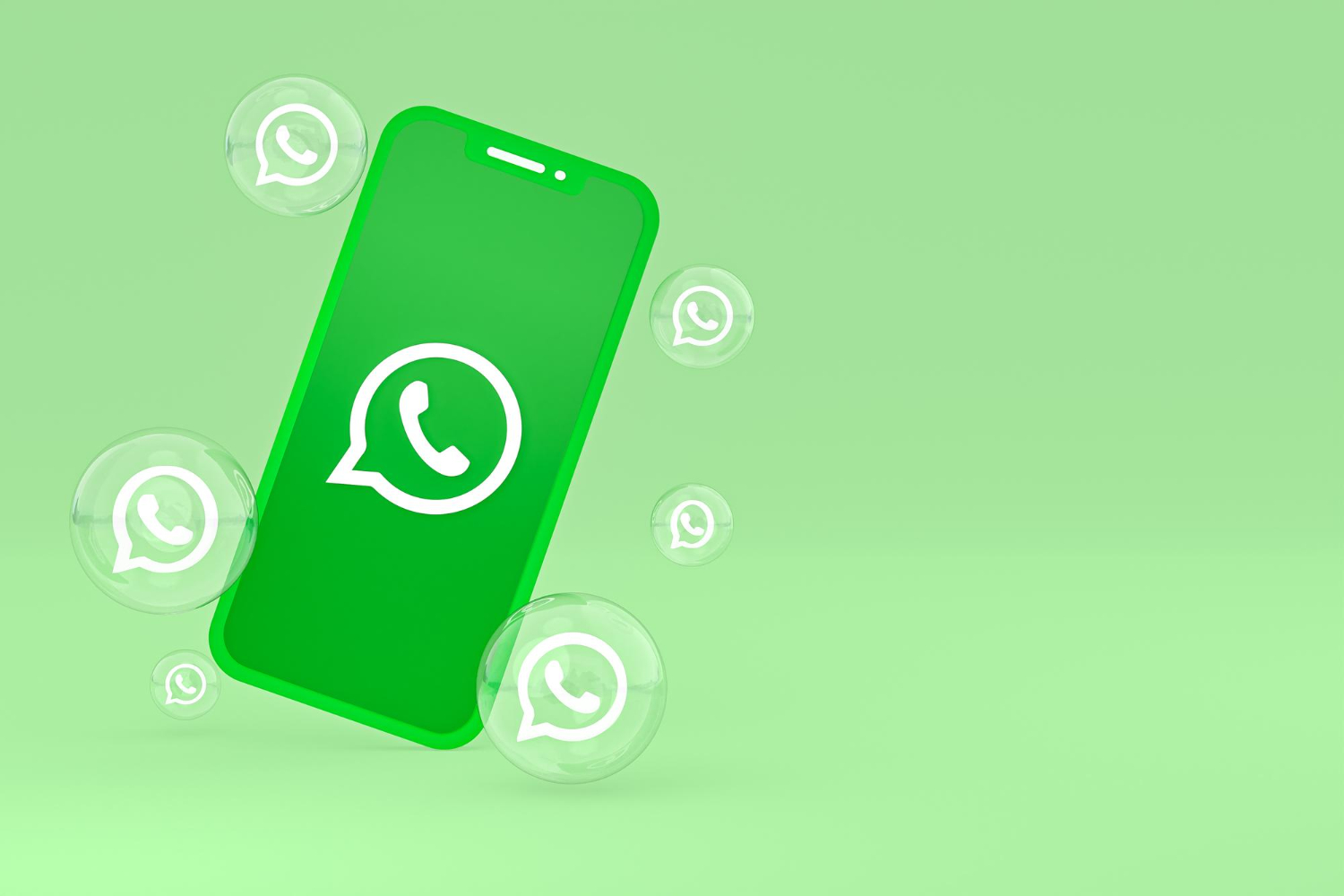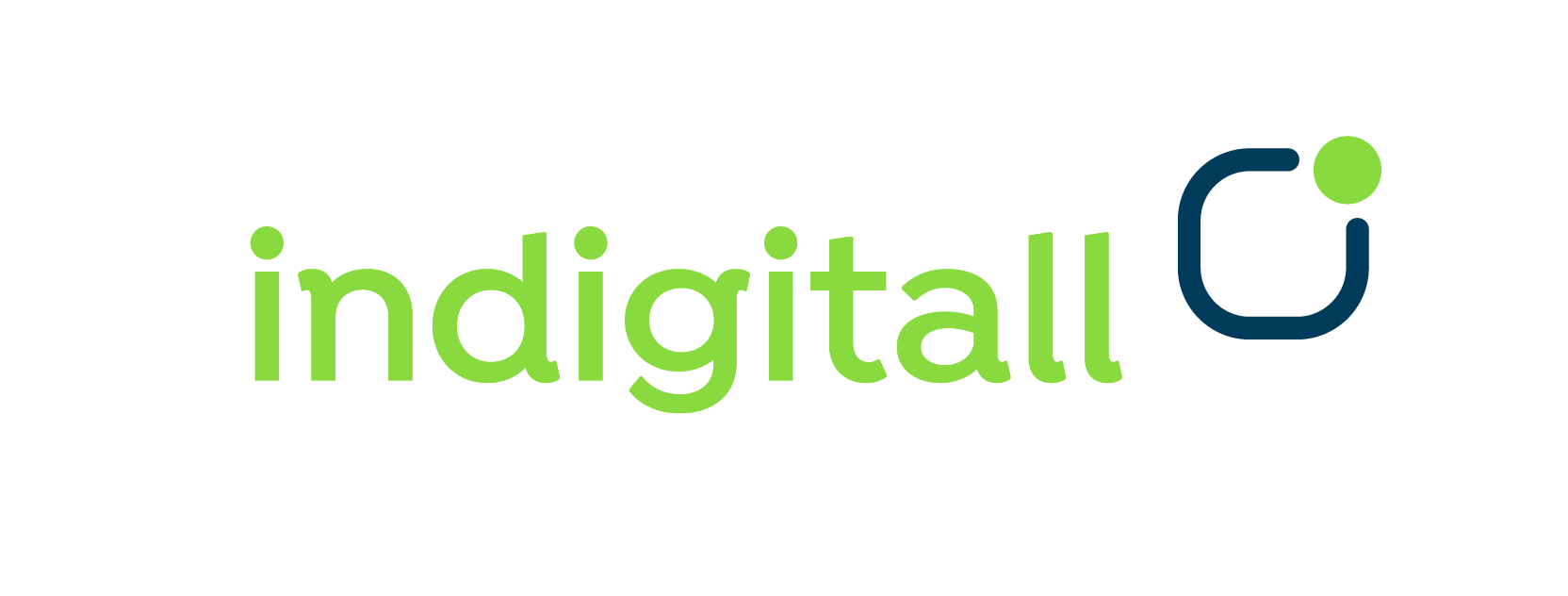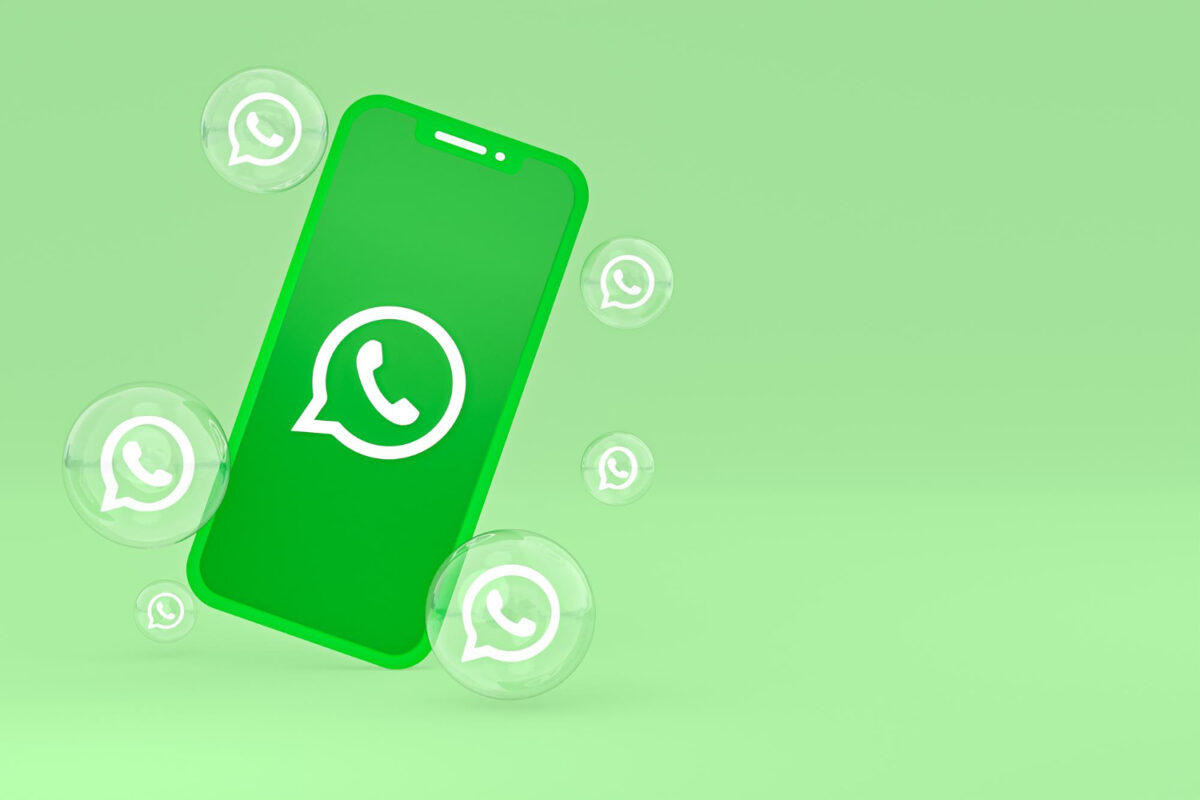
WhatsApp in Spain: How Has Its Usage Evolved?
Overview
In the current digital era, messaging applications have transformed the way we communicate, and we have reached a point where virtual relationships are beginning to take precedence over in-person meetings. WhatsApp has been one of the undisputed applications of this revolution. In our country, its adoption has been significant, and it is not limited to the personal sphere: it has become a powerful channel for multiple businesses. In this article, we will take a journey through the trajectory of the WhatsApp application in Spain and its use in the business environment.
What is WhatsApp?
WhatsApp is a widely used global instant messaging application that allows users to send text messages, voice messages, images, and videos over the Internet in real time.
Founded in 2009, this platform has evolved to include calls and video calls, as well as business functions like the WhatsApp Business API. With an intuitive interface and the ability to create groups and communities, it has become an essential tool for personal and business communication.
How many people use WhatsApp in Spain?
Currently, WhatsApp has become an almost indispensable application for most Spaniards. While its use has declined compared to previous years, it remains the most widely used.
According to recent data, around 85% of the adult population regularly uses WhatsApp, which equates to more than 30 million people. This high adoption rate demonstrates the deep penetration this application has had in Spanish society. Hence, businesses have wanted to harness its potential in communication with their customers.
Which country uses WhatsApp the most?
If we look at the highest number of users, India leads the way, with over 300 million, followed by Brazil with just over 105 million. But if we focus on representation in the total population, Russia - which created another instant messaging application, Telegram - is experiencing the highest growth, which was 17% in 2021. In our country, the highest growth was experienced a few years ago. Now, it is in a stabilization phase, as the use of this app is already massive.
When did WhatsApp start being used? Its introduction in the country dates back to early 2010. As smartphones became more accessible and mobile data rates reduced, the Spanish population began to explore the communication methods that these technologies allowed.
It was in 2012 when WhatsApp in Spain began to gain popularity. In this year, smart devices and internet access increased. This was a gateway for the number of users to increase exponentially.
What does the word WhatsApp mean in Spanish?
WhatsApp is a fusion of the words "What's Up," which in Spanish means "¿Qué hay de nuevo?" or "¿Qué pasa?" Since it is an application, the "Up" was replaced with "App," as they have the same pronunciation.
This combination aims to reflect the nature of the application as a tool for staying in touch and sharing updates with friends, family, and professional contacts. The name adaptation facilitated its acceptance and popularity worldwide.
What was WhatsApp like in 2009?
In its beginnings in 2009, WhatsApp was a simple messaging application. It allowed users to send text messages over the Internet, which was revolutionary compared to traditional text messages that incurred SMS charges. Although it lacked many of the advanced features it has today, its ability to save money on conventional text message costs caught the attention of early Spanish users.
WhatsApp Business API for companies
Digital transformation has impacted how companies communicate with their customers. In this context, WhatsApp in Spain has been crucial. One of the most significant additions in the evolution of mobile technology has been the introduction of WhatsApp Business API, a tool for companies with the following features:
Automation of responses. This API allows for the automation of a large portion of customer interactions, providing immediate information with frequent responses and reducing the workload of the customer service team.
Notifications and reminders. It enables sending important notifications to customers, such as order confirmations, shipping updates, and appointment reminders.
Personalized attention. Despite automation, the WhatsApp Business API also allows for customization. Companies can segment their customers and send specific messages based on their purchase history, preferences, and behaviors.
Integration with business systems. Conversations on WhatsApp can be linked to customer records in the company's CRM system, providing a complete view of the customer's interaction history and needs.
Omnichannel for centralizing communication. Instead of dispersing interactions on different platforms, companies can consolidate all points of contact on a single platform, simplifying management and providing a comprehensive view.
If you want to access an omnichannel platform to centralize all your communications and offer a seamless experience to your clientele, at indigitall you have the option to create your own customer journey by coordinating all your digital channels in a single panel. Check out our use cases, and contact us for more information.



